INTERVIEWER
Most of your tales are laid in the last century, aren’t
they? You never write about modern times.
DINESON
I do, if you consider that the time of our grandparents,
that just-out-of-reach time, is so much a part of us. We absorb so much
without being aware. Also, I write about characters who together are the
tale. I begin, you see, with a flavor of the tale. Then I find the characters,
and they take over. They make the design, I simply permit them their liberty.
Now, in modern life and in modern fiction there is a kind of atmosphere and
above all an interior movement—inside the characters—which is something else again.
I feel that in life and in art people have drawn a little apart in this
century. Solitude is now the universal theme. But I write about characters
within a design, how they act upon one another. Relation with others is
important to me, you see, friendship is precious to me, and I have been blessed
with heroic friendships. But time in my tales is flexible. I may begin in the
eighteenth century and come right up to World War I. Those times have been
sorted out, they are clearly visible. Besides, so many novels that we think are
contemporary in subject with their date of publication—think of Dickens or
Faulkner or Tolstoy or Turgenev—are really set in an earlier period, a
generation or so back. The present is always unsettled, no one has had time to
contemplate it in tranquillity ... I was a painter before I was a writer ...
and a painter never wants the subject right under his nose; he wants to stand
back and study a landscape with half-closed eyes.

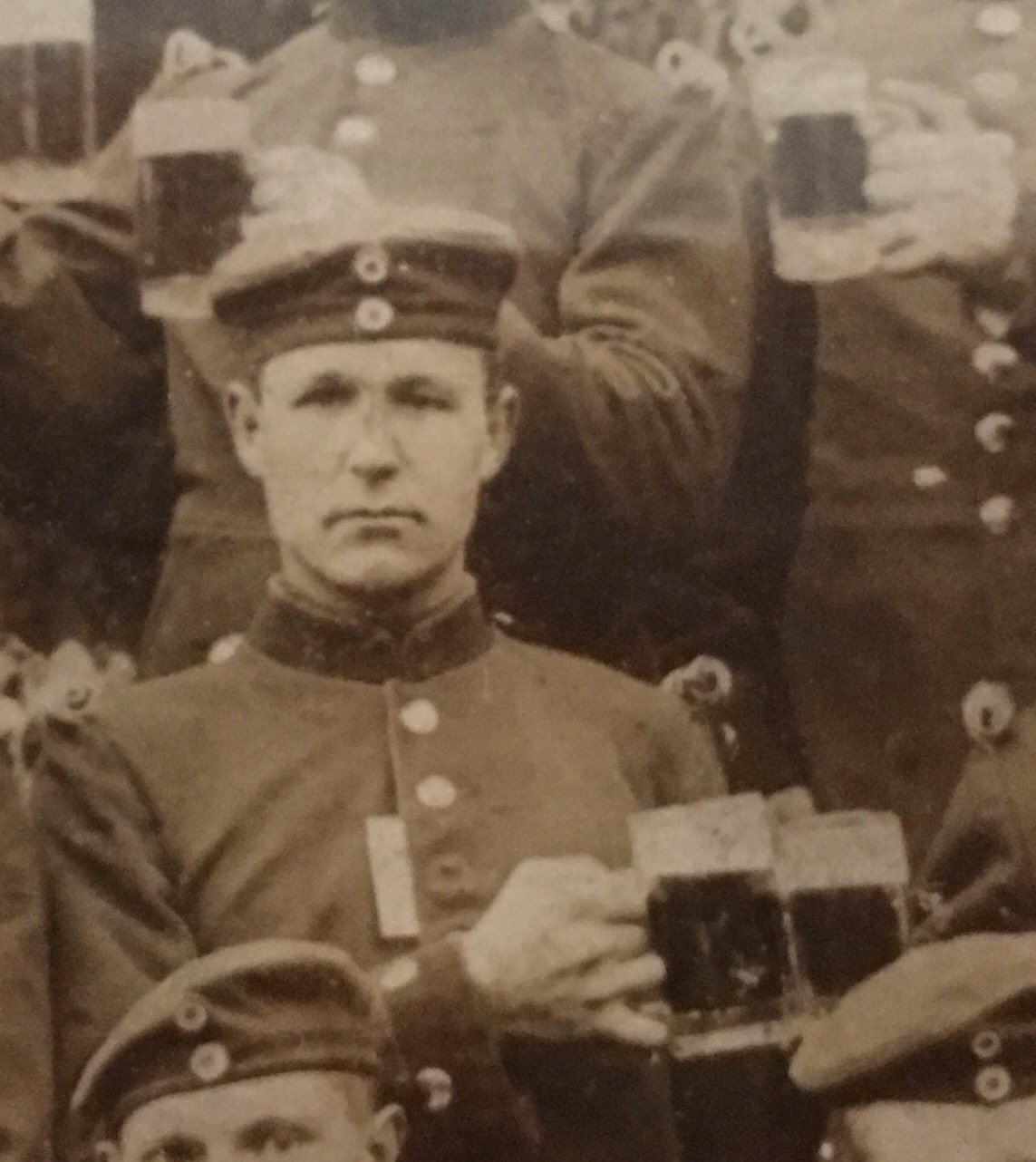







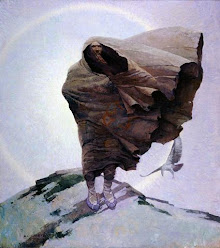














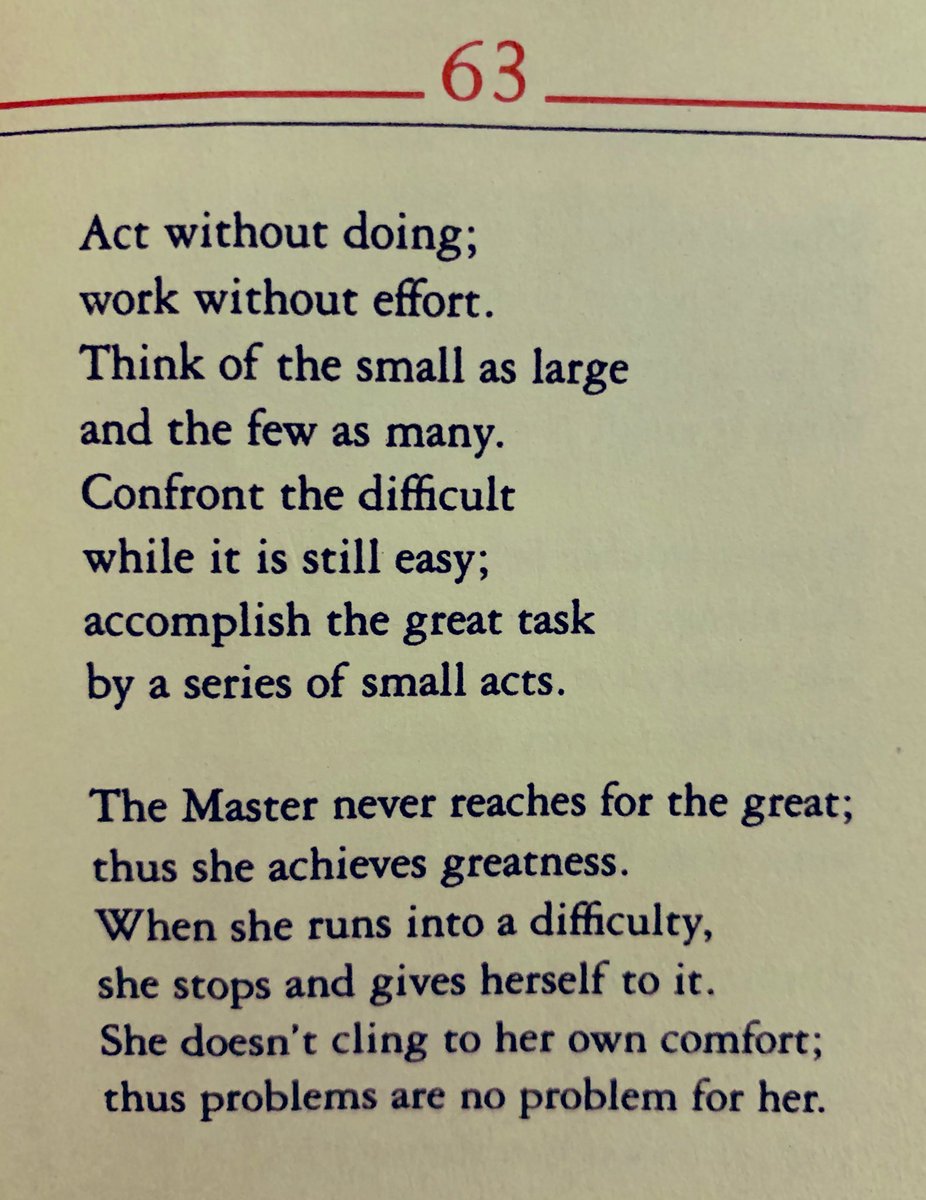









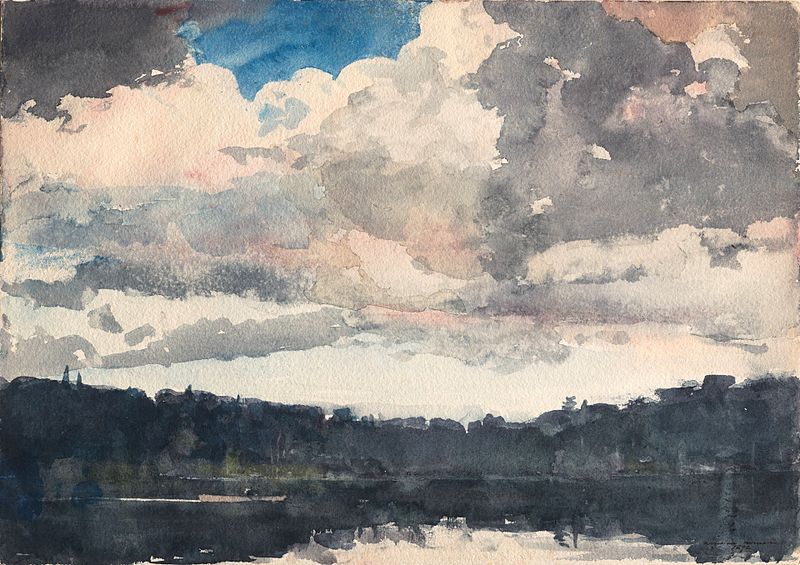





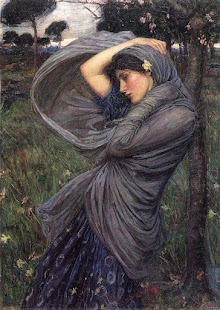












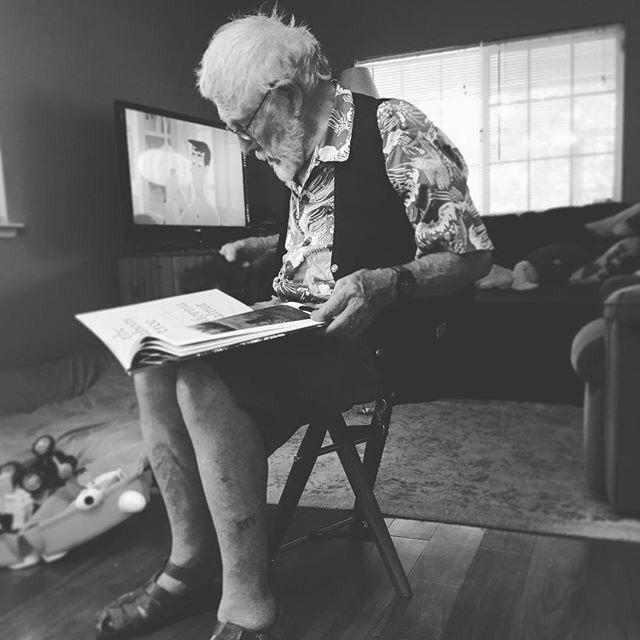

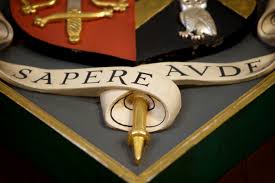


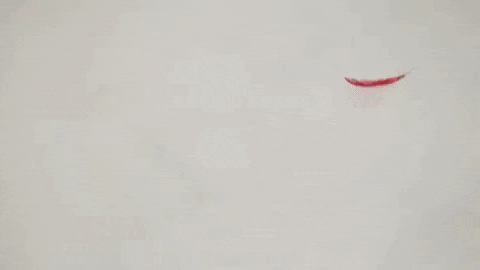



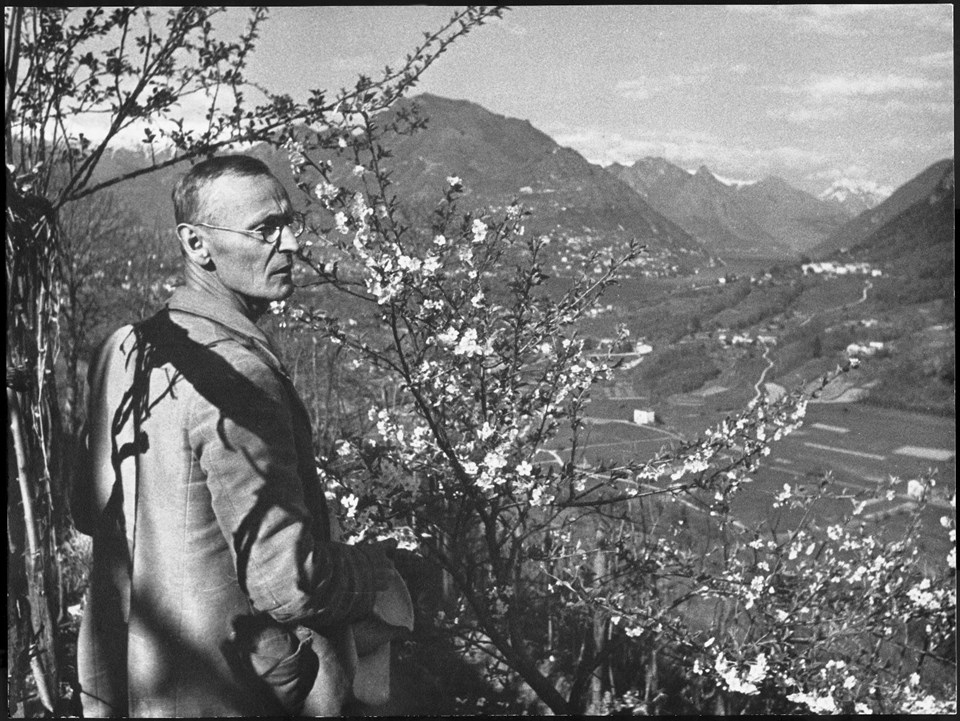


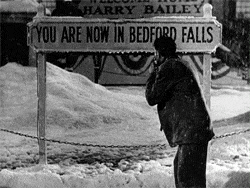







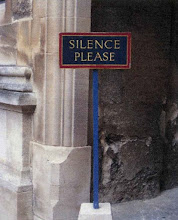









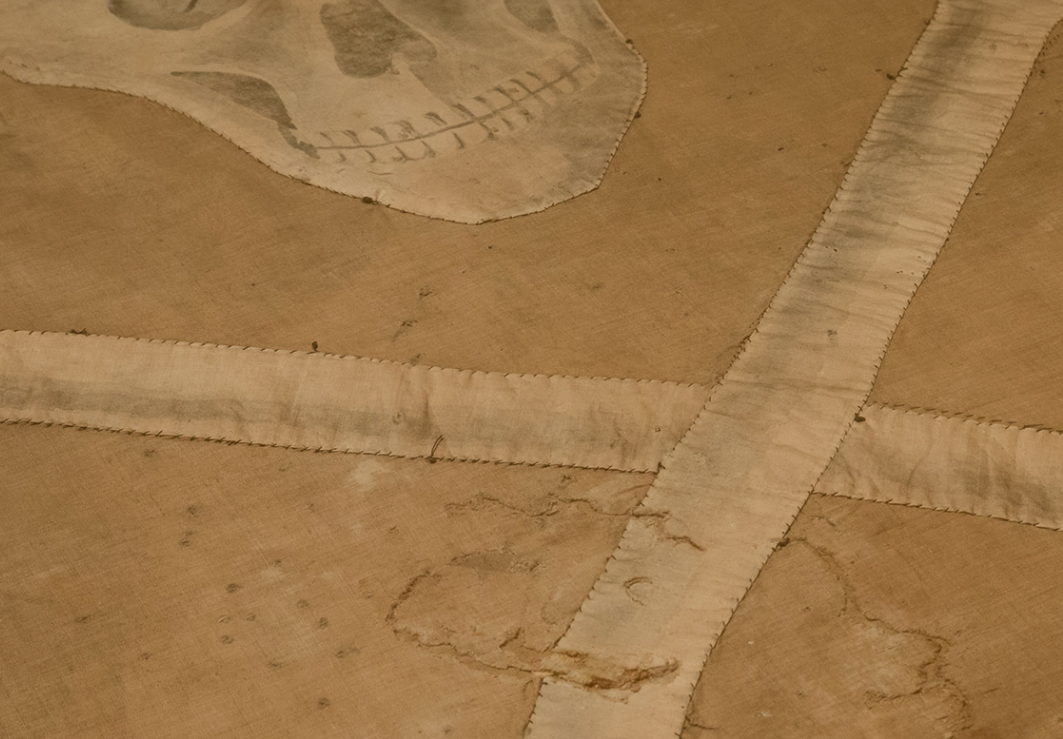

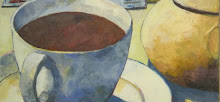
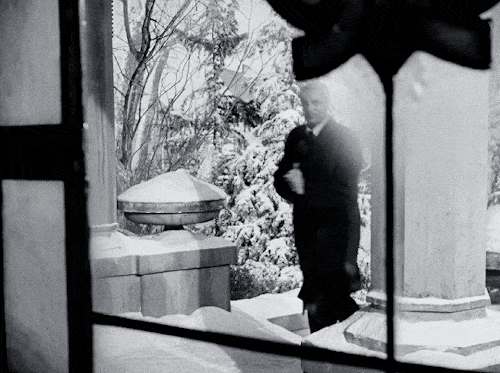


















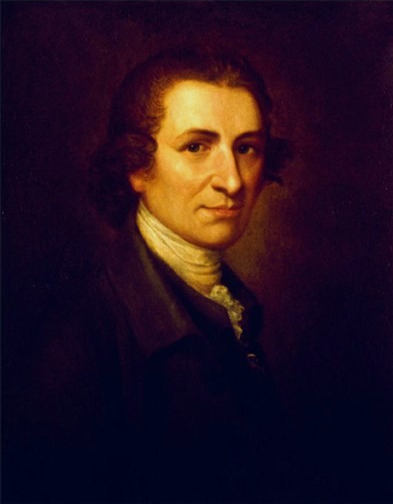


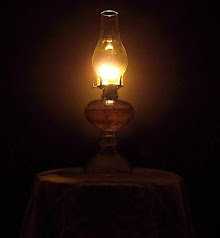







No comments:
Post a Comment